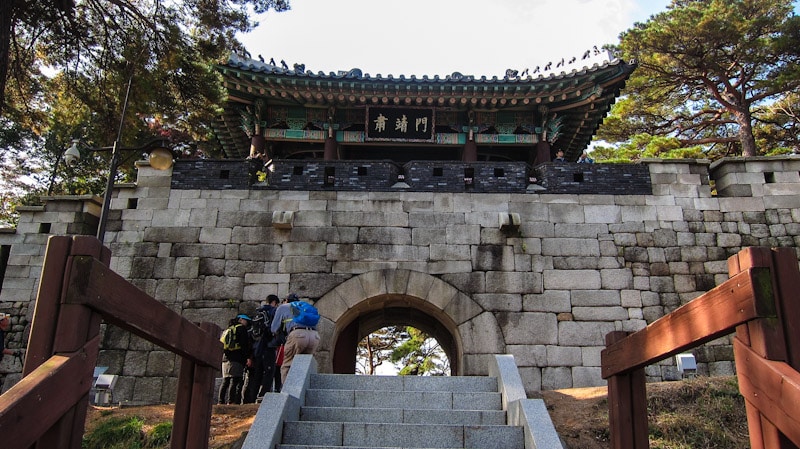
Sukjeongmun Gate is the most northern of the Four Main Gates of Seoul Fortress. It is also known as Bukdaemun, literally meaning North Big Gate. When originally built in 1396, it was known as Sukcheongmun. In the 16th century, it was renamed to Sukjeongmun, which means Rule Solemnly Gate.
Sukjeongmun was built north of Seoul behind Gyeongbokgung Palace. Because of its location, it was barely used. Its main use was only for ceremonious and symbolic functions.
Access to the area many require identification such as a passport. Those without proper identification may be denied entry.
Closed on Mondays.
This northern gate represents water and shady energy according to Yin, Yang, and the Five Elements. Because of this, the passageway was left open during droughts of the Joseon period.
The current gatehouse dates back only to 1976 as the original was destroyed during a fire and has since been rebuilt
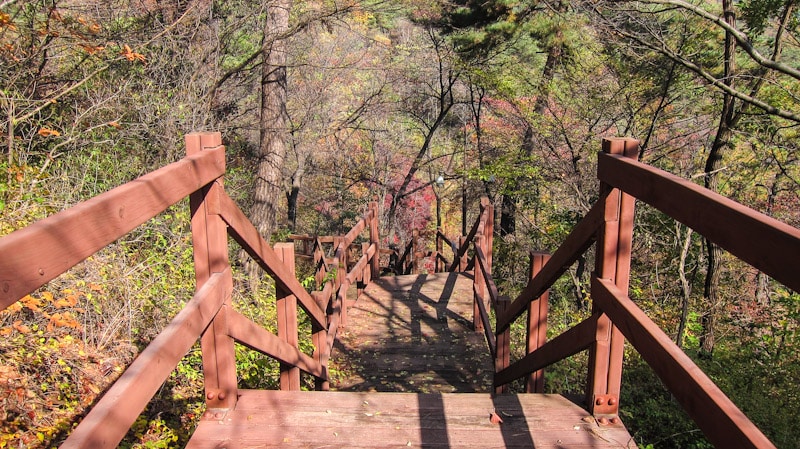
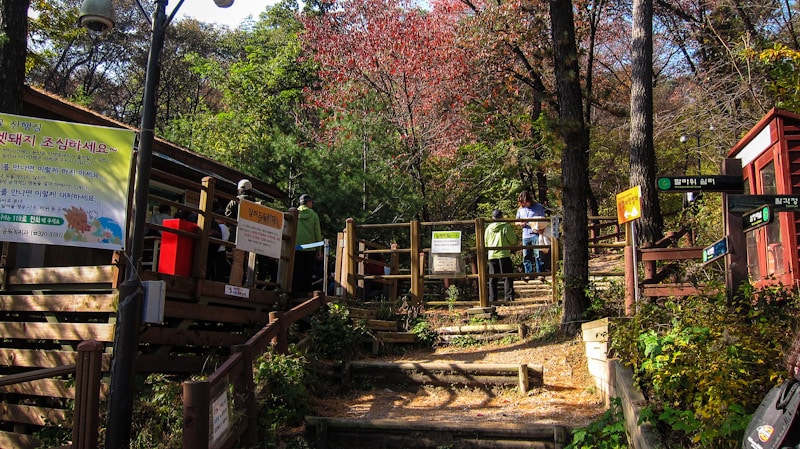
In 1968, North Korean commandos passed through this area as they attempted to infiltrate the nearby Cheong Wa Dae (Blue House), the residence of the president of South Korea. Their goal was to assassinate president Park Chung-hee. Their mission failed.
After the failed attack, public access to the surrounding area was terminated due to security issues. In 2007, the gate was reopened to the public.
Today, those wishing to access Sukjeongmun must bring identification such as a passport. Photos of soldiers in the area or towards the presidential residence are strictly forbidden.
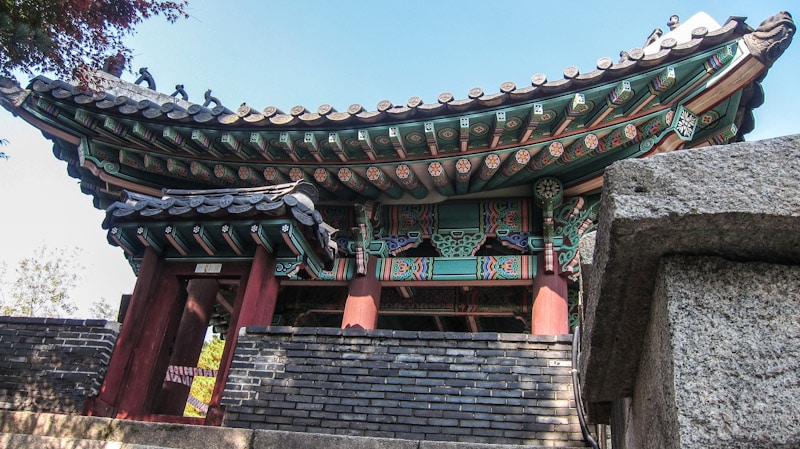
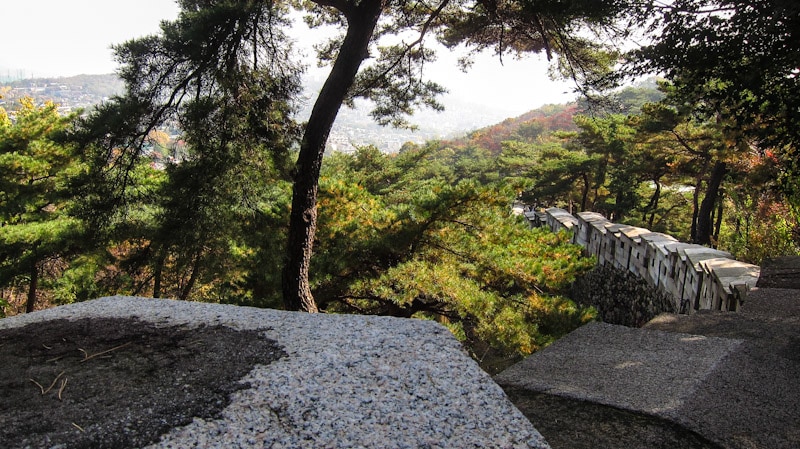
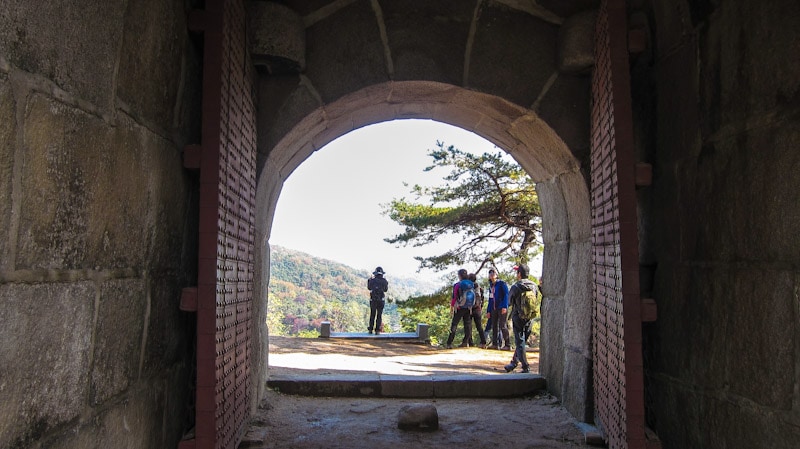
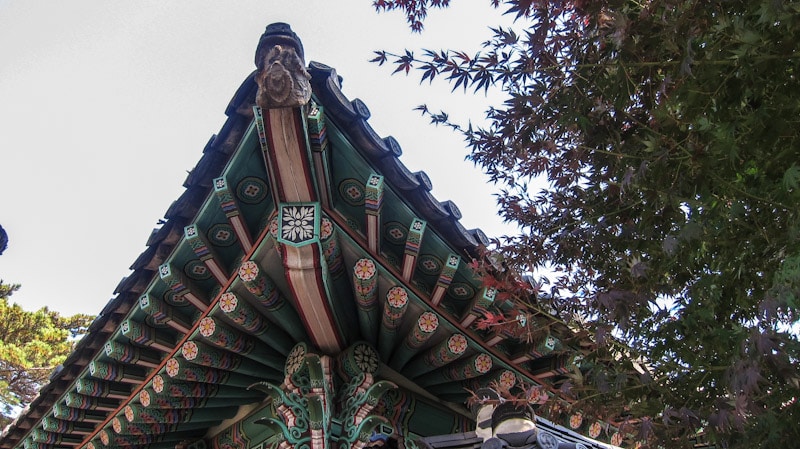
Sukjeongmun Gate Information
Hours
April-October : 09:00-15:00
November-March : 10:00-15:00
Closed on Mondays.
Admission
Free
How to Get Here
Take Subway Line 4 to Hansung University Station (Exit 6)
From here, take Bus 1111 or Bus 2112 to the stop for Jongjeom (Myeongsu School).
Once here, follow Seongbuk-ro to the right of the park.
At the first intersection, make a left onto Daesagwan-ro.
Continue for 10 minutes.
You will pass a small gate on the right and see a large tunnel in front of you.
Before the large tunnel, make a right and follow the stairs up for another few minutes to reach the checkpoint.
Sukjeongmun Gate Video
Map
Additional Resources
Viator by TripAdvisor
Viator is a popular online platform that helps travelers book tours, activities, and unique experiences worldwide, including in Seoul. It connects users with a wide selection of options – from sightseeing tours to cultural events and outdoor adventures – all offered by local providers.
Klook
Klook offers discounted tickets and reservations for various attractions and services in Seoul, from theme parks and museums to tours and transportation options.
Rakuten
Save money while exploring Seoul with Rakuten's cashback program. Book your hotels or other services through Rakuten and enjoy cashback rewards and exclusive deals.
If you sign up using the link below, you could earn $30 cashback on your first purchase over $30.
Book Recommendations
For an immersive guide to Seoul, many travelers choose to bring a book along. Fodor's Seoul, for example, offers detailed recommendations on sights, restaurants, maps, and travel tips.
Nearby Sights
Samcheongdong
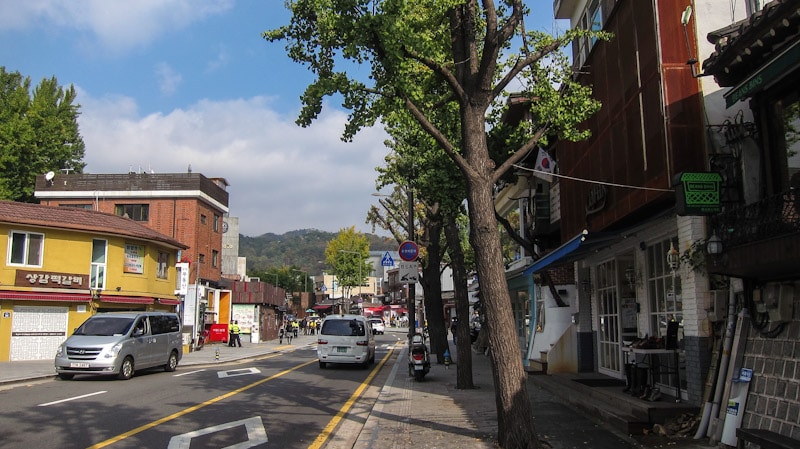
Samcheongdong is an upscale neighborhood of Seoul that lies in a scenic area east of Gyeongbokgung Palace and Cheong Wa Dae (Blue House). The clean water and beautiful mountains in the area inspired the name of this trendy, youthful neighborhood. Surrounded by hills, the neighborhood is famous for its traditional hanok homes and modern, chic art galleries.
Cheong Wa Dae (Blue House)
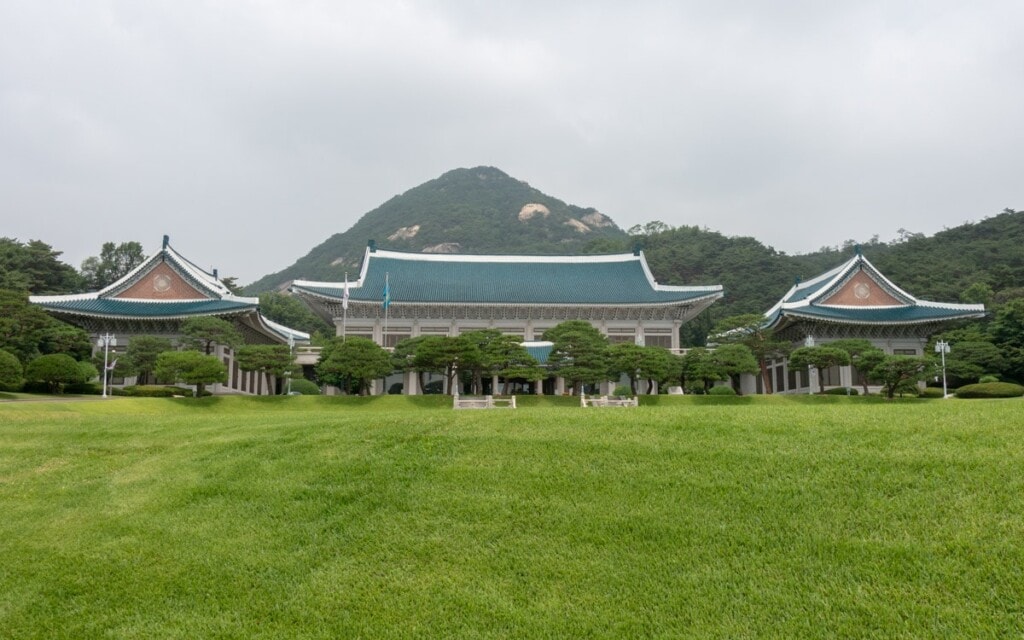
Cheong Wa Dae, or Blue House, is the official residence of the President of the Republic of Korea. It was built with traditional Korean architectural styles. The name comes from the translation of Cheong Wa Dae which means "pavilion of blue tiles." In 1104, King Sukjong built a royal villa at this location.
Gilsangsa Temple

Gilsangsa Temple is a fairly new and popular Buddhist temple complex surrounded by nature and beauty in hills of Seongbuk-dong, a neighborhood of Seoul. Since 1997, Gilsangsa has become popular with both locals and tourists for its harmony with nature. Originally, an upscale restaurant known as Daewongak was built at this location.
Yun Dong-ju Literature Museum
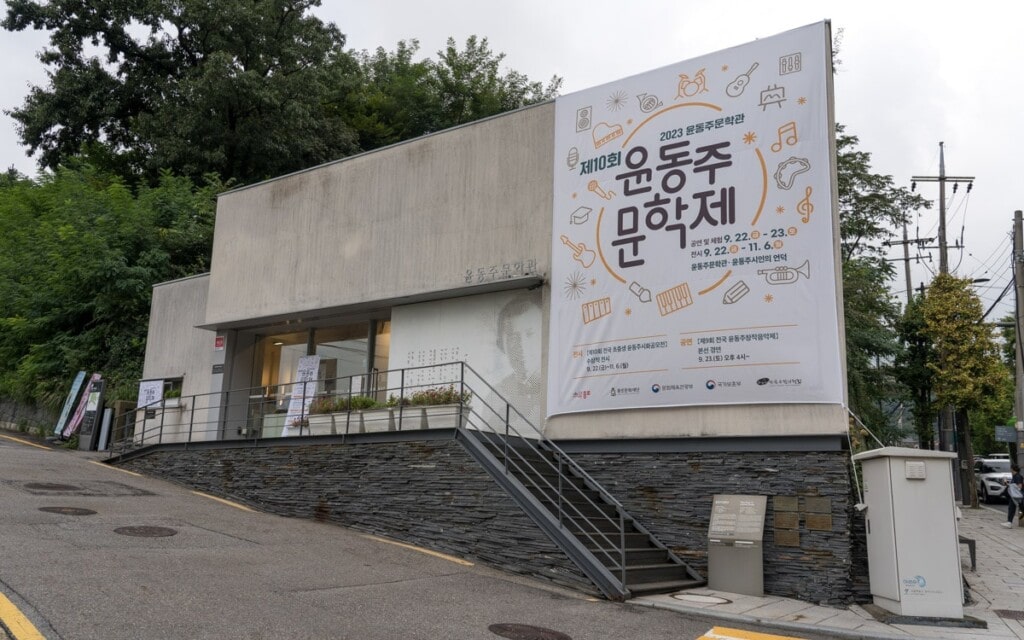
The Yun Dong-ju Literature Museum is dedicated to Yoon Dong-ju, one of Korea's most beloved poets. Yoon's extensive collection of over 100 poems, including 'Sky, Wind, Stars, and Poem,' was profoundly influenced and shaped by the colonial rule that prevailed during his lifetime. Yoon composed his entire body of poetry in the Korean language.
Changuimun Gate (Jahamun Gate)
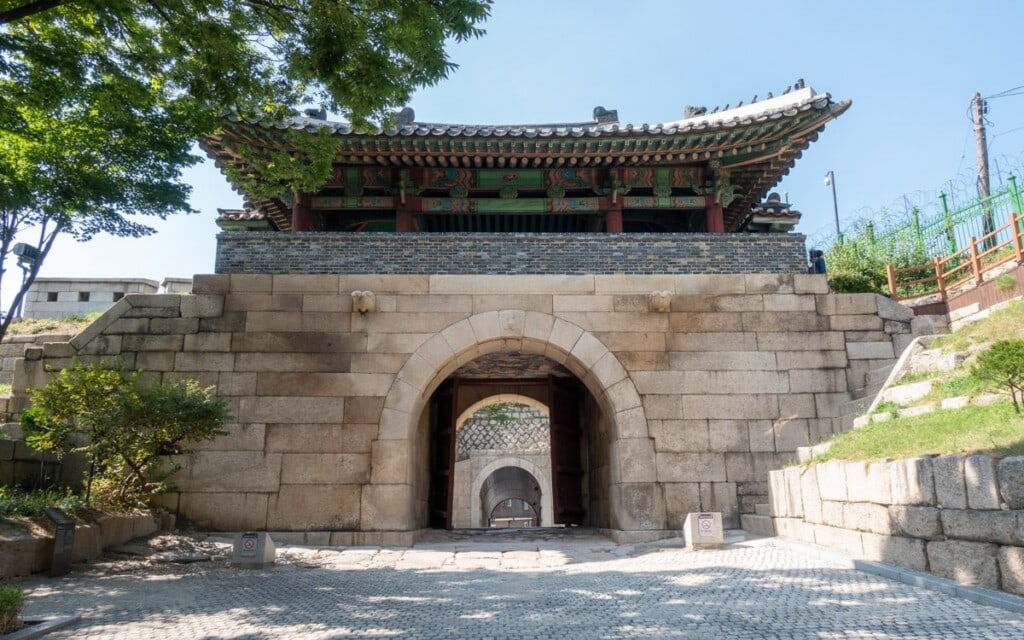
Changuimun Gate, located in northern Seoul, is one of the Four Small Gates of Seoul Fortress. In the past, the gate has also been known as Jahamun and Buksosomun. Construction started in 1396 during the beginning years of the Joseon Dynasty. Built north of the city, Changuimun became a major link between the city and areas to the north.
Seoul Munmyo
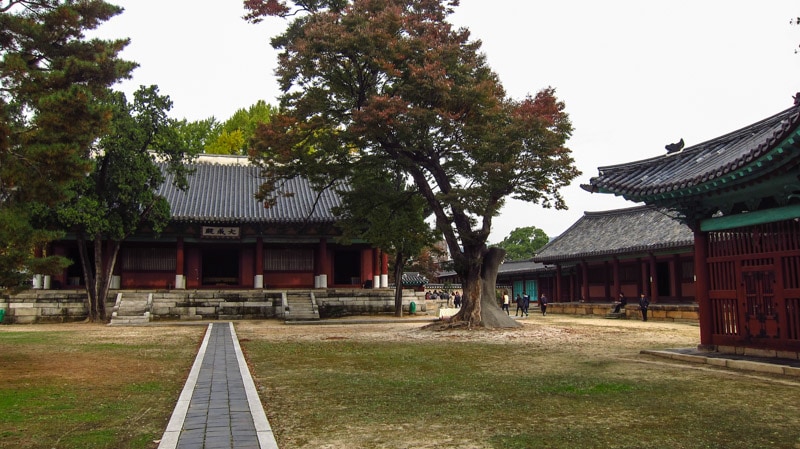
Seoul Munmyo is a shrine dedicated to Confucius, his disciples, and other great scholars. In the past, it has also gone by the name Munseonwangmyo. During the Joseon Dynasty, the buildings were used as an educational institution. Seoul Munmyo was first built in 1398 during the 7th year of the reign of King Taejo.
Last Updated on Mar 13, 2025